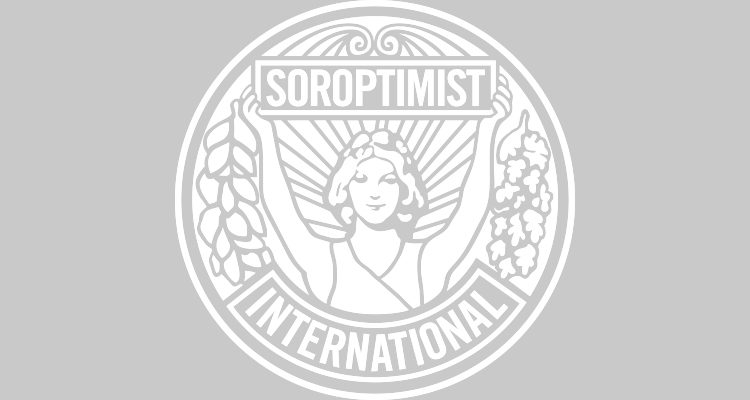by Marie D’Amato-Rizzi, SI UN Representative, New York.
“The second ECOSOC forum on Financing for Development (FfD) follow-up, met at the UN in New York for 4 days at the end of May this year. The annual forum was established in 2015 by the Addis Ababa Action Agenda and results in inter-governmental agreed conclusions and recommendations that are submitted to the High-level Political Forum on Sustainable Development, which meets in July.
The major substantive input to the FfD Forum is prepared by the Inter-agency Task Force (IATF) on Financing for Development, in the form of its annual report on progress in implementing the FfD outcomes, and the means of implementation of the 2030 Agenda for Sustainable Development. This report can be found at: https://developmentfinance.un.org/financing-development-progress-and-prospects-2017
During the forum, there were opportunities for input by civil society and I was able to participate in the process as a member of the Civil Society Group for Financing for Development. Our group is lobbying for a fifth day later this year to focus on multi-year planning. We would like to see more of a human rights context. There appears to be disproportionate concern for investors. We want women’s rights and gender equality as fundamental principles per se, and not as a means to an economic end.
There is also concern about too much reliance on the private sector and that there isn’t a strong sense of urgency regarding the possibility of another financial crisis. There is a need to align this process better with the SDGs. Civil society is calling for international tax cooperation and is advocating for an International UN tax body to avoid a ‘race to the bottom’.
The inter-governmental agreed conclusions can be found at: http://www.un.org/esa/ffd/ffdforum/wp-content/uploads/sites/3/2017/05/E-FFDF-2017-L.1_Draft-Outcome.pdf
One might wonder what all this has to do with the Soroptimist International mission? Well, there is definitely a gender perspective in terms of taxation and women’s human rights. Many forms of taxation are regressive. Since women are often amongst the poorest population, this has a great impact on them. Social protection is important and financing is needed for this. There is also the issue of ‘unpaid’ work and pay inequality. Many cash transfer programmes are for children and do not directly help women improve their lives. One way for us to be involved is by advocating for gender sensitive budgeting by our governments. So, there is still much for us to do.”

